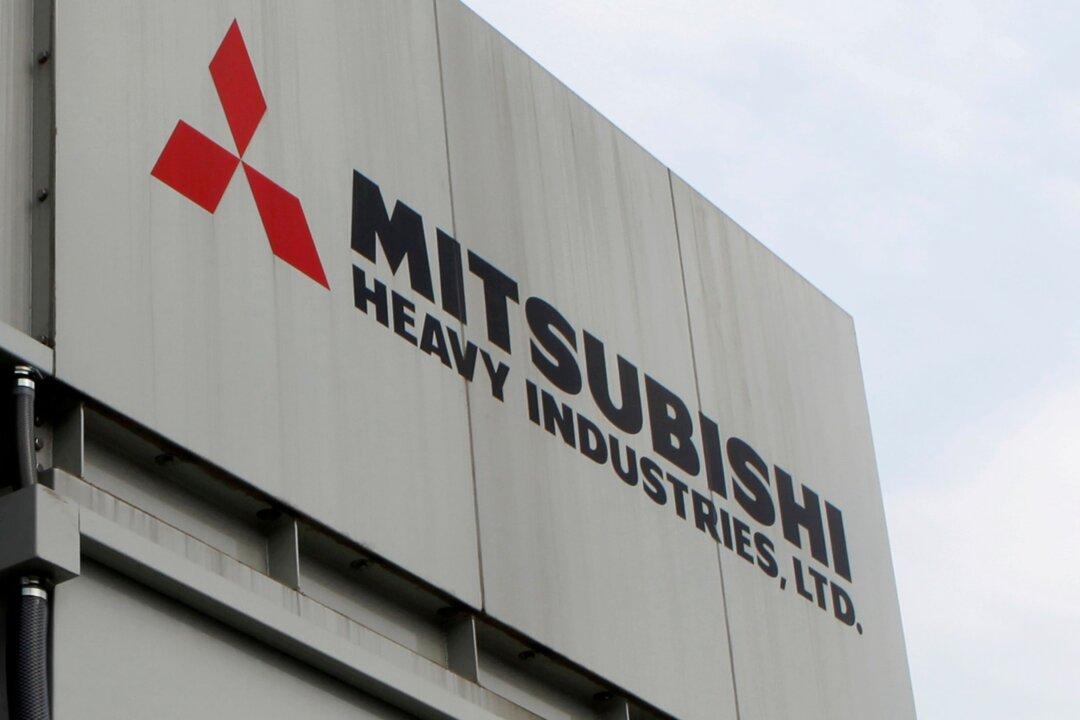Japan on April 11 signed contracts with Mitsubishi Heavy Industries, the nation’s top defense contractor, to develop and mass-produce long-range missiles as the country seeks to acquire “counterstrike capabilities” amid communist China’s growing military threats.
Japan’s Defense Ministry awarded Mitsubishi with four contracts worth 378 billion yen ($2.8 billion), including mass production of ground-launched Type 12 guided missiles and a hypersonic ballistic missile.





